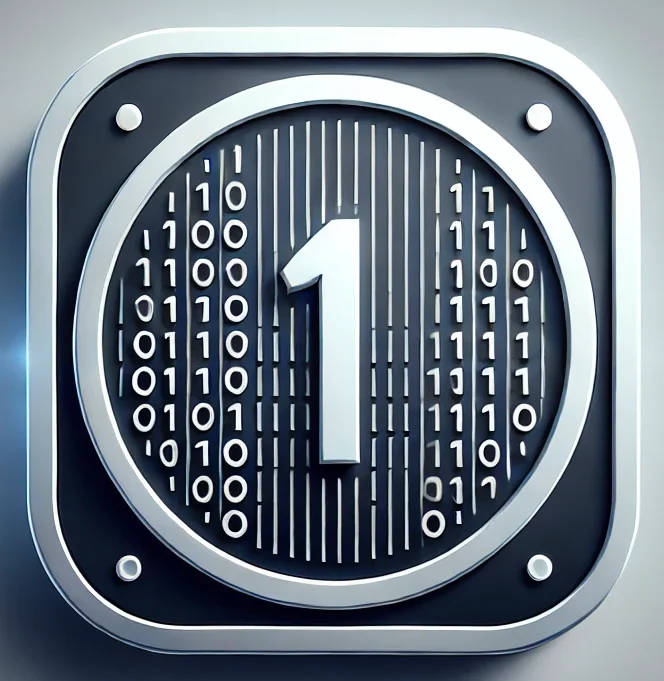The Promise of the Digital Personal Assistant!
For years there has been the notion that our phones would be personal assistants. Our devices would replace our paper records for contacts, notes and dates. Our information could be easily entered and retrieved. We would be optimally organized with assistance from our devices. Indeed we have benefitted from smartphone technology and at times we are even delighted.
However, there are still issues…
- Keeping individual records is still tedious.
- Using a tiny keyboard as an input device, also tedious.
- Using Siri to offload the tiny keyboard duties, sometimes that goes OK, or not.
- Retrieving records offers another set of challenges with some of the same bottlenecks above.
Sometimes we get helpful notifications that say this phone number looks like it belongs to this person. Or, do you want to add this date to your calendar. But it feels like misplaced trust to believe all the loose ends for our information are being resolved.
In short, we have gained efficiencies toward the delivery of a personal assistant. But, we have lingering problems from the days of sticky notes. It still feels like a lot of work to stay organized.
Are Humans the Problem?
If we put in the same amount of record keeping effort with our devices as we did with paper, we can probably at least say we have made technological gains. Should we resign ourselves to working harder at getting organized or can technology assist us?
An alternative to the tedium of creating individual records with fields would help. Do we have to fill in the fields for my contacts in one app, my recipes in another? Do we even need fields for all of the information? What if a lot of our data is stored in unstructured ways like notes, emails or even messages?
What if we can keep data unstructured? Does that minimize the usage of the tiny keyboard? For instance, let’s just keep the instructions for taking care of the neighbor’s fish in the email it came in. That keeps us from copying, pasting and editing it in another app. What if all those notes in the notes app, they just stay there.
Unstructured data and the management of it has been growing over the years. Google was instrumental in developing systems for processing unstructured data. In part this gave way to Hadoop, big data and modern data lakes in Azure and AWS cloud platforms.
AI accels at unstructured data. Not only does AI work with text and numbers, it can draw information from photos, audio and videos too.
What if… most of us are predisposed to keeping our data unstructured. Maybe we have good intentions of getting organized. But at the end of the day, we can’t waste a lot of time figuring out the right place to catalog the different types of information we have coming in from multiple sources.
As an example, the neighbor has been sending me instructions for house sitting which primarily include taking care of the fish. Where do we put all of this information? We just need to go feed the fish.

More Assistive and More Personal
Emails, photos, videos, notes, messages, contacts… all of our information is recorded mostly in unstructured data. If we enter a search on our phones we will likely get numerous returns from multiple sources. We may or may not initially find the item we need. As an example, searching for “fish” may return all the messages, emails and photos our neighbor has sent with updates about the beloved fish.
What if we could tell Siri in plain language what we want? We could include the special conditions that identify the piece of information we need. As an example, “How much food do I give the neighbors fish? Do I need to give them medicine today? How do I disable the alarm when I enter the house?”. Our neighbor may have given all of this information at various times in various ways. If Siri can reliably sort out the sources of the information and relevant details that would be a great help.
If I can
Memory Supplements
The time for the digital personal assistant is now. AI has the ability to work with all kinds of unstructured data. We have been storing unstructured data on our phones for years which offers the capability of improved augmented memory. The newest phones have the power to process AI requests using our personal unstructured data. Because AI and our data reside on our phone, Apple promises to protect our privacy.
Fruitelligence
You have likely seen the headlines or commercials that Apple will be releasing Apple Intelligence to iOS 18 in October 2024. At a minimum you will need an IPhone 15 Pro with iOS 18.1. Did you know there is a waitlist to enable Apple Intelligence on your phone since it is in Beta? You can see the process and requirements from Apple here.


Leave a Reply